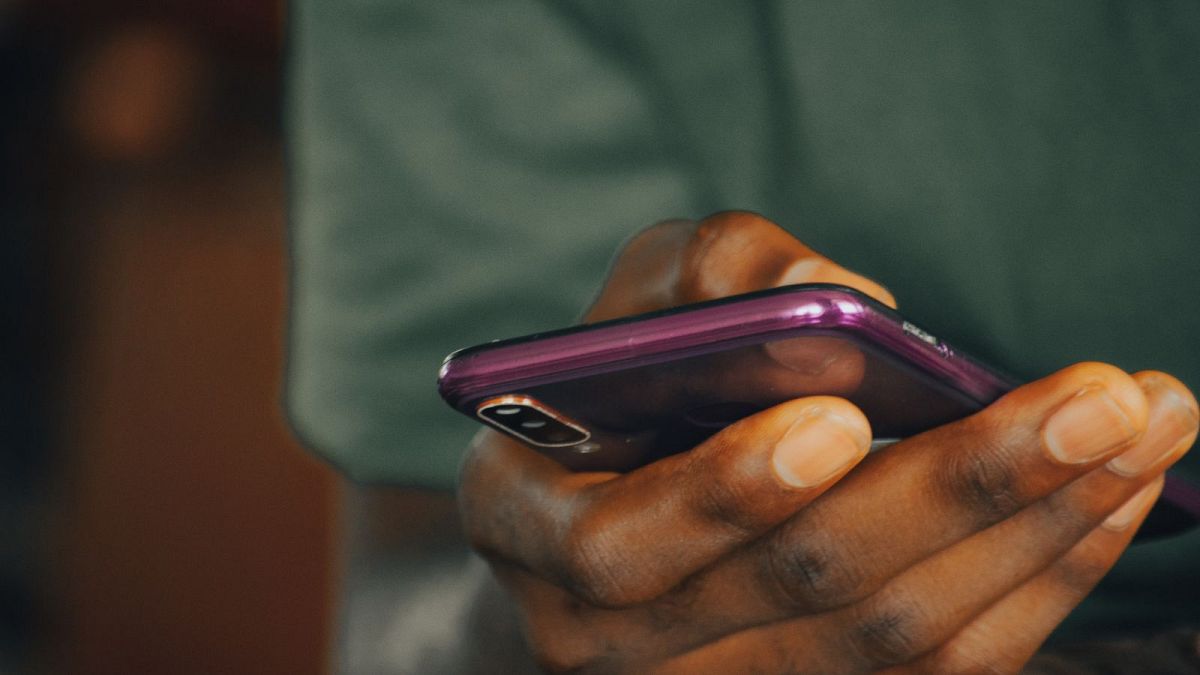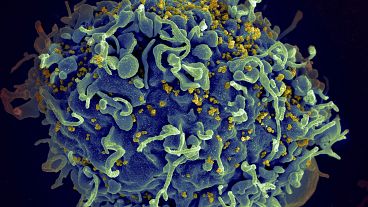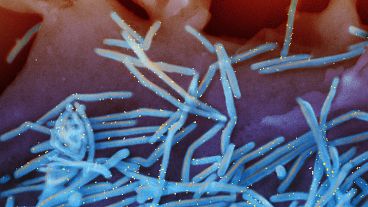Researchers say the app could be used to detect early signs of dementia in younger people as well as monitor the effects of treatment.
A smartphone app can be used for cognitive tests to diagnose the most common form of dementia for people under the age of 60.
Researchers at the University of California San Francisco (UCSF) in the US found that remotely deployed smartphone tests could help to detect frontotemporal dementia in people who are genetically predisposed to it before symptoms start.
Frontotemporal disorders or dementia (FTD) refers to several diseases of the frontal and temporal lobes of the brain that typically affect people between the ages of 45 and 64.
There are different symptoms of FTD including behavioural changes, having trouble relating to loved ones, and apathy.
Some 30 per cent of cases have a family history of FTD, according to Alzheimer’s Research UK.
The UCSF researchers say there is an “urgent need” to find reliable digital tests for neurodegenerative diseases. Previous studies have shown that smartphones can be useful in collecting cognitive data, they added.
“Eventually, the app may be used to monitor treatment effects, replacing many or most in-person visits to clinical trials’ sites,” said Adam Staffaroni, an associate professor at UCSF and first author of the study.
Smartphone app test ‘more sensitive to early symptoms’
Researchers partnered with a software company Datacubed Health to make the tests that looked at executive functioning, such as planning or organising, and controlling impulses, as the part of the brain that controls executive functioning can atrophy as the disease progresses.
The data collected included voice recordings as well as walking, balance, and language tests.
The app was tested between 2019 and 2023 with 360 participants, 209 women and 151 men. The mean age of those who participated was 54.
Many were genetically predisposed to get the disease but had not yet developed symptoms.
The scientists found that the smartphone tests accurately identified individuals with dementia and were “more sensitive to early symptoms” than a common clinical cognitive test.
Penny Dacks, senior director of scientific initiatives at The Association for Frontotemporal Degeneration said in a statement sent to Euronews Health that the study was "an essential step towards designing clinical trials that reduce participant travel burden and test the effectiveness of treatments to prevent onset of FTD disorders".
"When researchers can measure the earliest stages of decline, they can also measure whether a treatment works to prevent or delay onset of these devastating conditions.
"We look forward to further validation of this tool and other approaches to enabling FTD clinical research," she added.
Patients are believed to be most responsive to treatment early on, but FTD is not easy to diagnose.
“Most FTD patients are diagnosed relatively late in the disease, because they are young, and their symptoms are mistaken for psychiatric disorders,” said Adam Boxer, a professor in memory and ageing at UCSF and senior author of the study.
“We’ve heard from families that they often suspect their loved one has FTD long before a physician agrees that is the diagnosis,” said Boxer.
The disease has in the last two years been given a public spotlight with celebrities Bruce Willis and Wendy Williams announcing that they have been diagnosed with it.
This story has been updated to include a statement from an expert.



